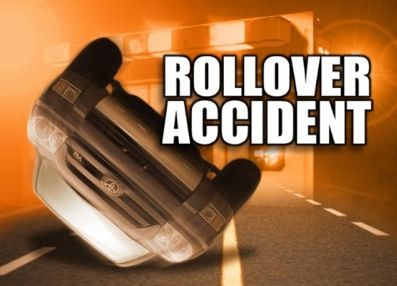WESTMORE — On Saturday at around 6:30 p.m. State Police responded to a motor vehicle rollover crash on Vermont Route 5A in Westmore.
Michaela Palmer, 23, of Coventry, identified herself as the operator of the vehicle.
Palmer told police that she hit a patch of ice just before the crash. She stated that the car rolled over while she was driving through a sharp curve in the road.
Trooper Debra Munson of the Vermont State Police spoke with Palmer during an investigation at the scene of the accident, and determined that intoxication may have been to blame for the crash. She had Palmer perform a field sobriety test.
Palmer was subsequently transported to the Derby Barracks where she was processed for suspicion of DUI, and refusal to take a chemical intoxication test.
Vermont, like all other states, abides by Implied Consent Laws, which means that anyone who chooses to operate a vehicle is automatically subject to state chemical testing for Driving Under the Influence (DUI). Because a breath test is the only chemical intoxication test that can be administered on the roadside, it is the most commonly used, and therefore, the most commonly refused test.
Despite the Implied Consent Law, drivers still have to agree to testing before a breath test can be conducted. So technically, a driver can refuse testing, but the consequences for doing so are harsh and sometimes far outweigh a DUI conviction in and of itself.


